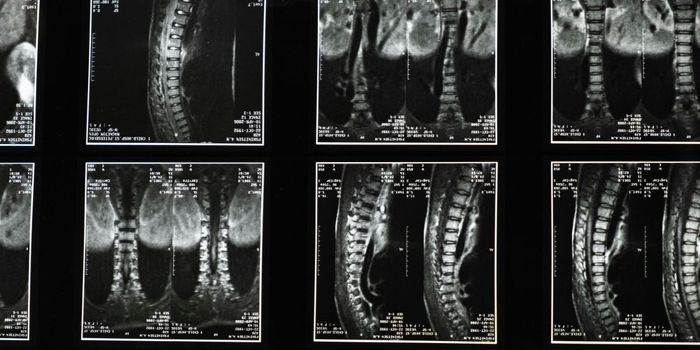Criticism From Parents Can Impact Emotional IQ in Children
While there has been recent backlash over participation trophies in youth sports and over-praising children for ordinary accomplishments, the opposite extreme is not ideal either.
A new research study from SUNY-Binghamton shows that children who are raised by highly critical parents have trouble later in life reading emotions and facial expressions of those around them. Being able to read facial cues and infer emotion in others is a necessary social skill, so anything that could disrupt that ability should be looked at carefully.
Kiera James is a graduate student of psychology at Binghamton University and the lead author of the study which is published in the Journal of Clinical Child & Adolescent Psychology.
She explains, "These findings suggest that children with a critical parent might avoid paying attention to faces expressing any type of emotion. This behavior might affect their relationships with others and could be one reason why children exposed to high levels of criticism are at risk for things like depression and anxiety."
In any family, there is bound to be some parental criticism towards the children. Issues of discipline and behavior can sometimes be contentious, but the researchers at Binghamton wanted to specifically investigate the effect of criticism that was more than the average back and forth between parents and children. One of the ways to measure how children pay attention to and process facial expressions and emotion is to look at a neural marker called the Late Positive Potential (LPP). It's a component of another brain function, event-related potential (ERP). ERPs are reactions in the brain when something happens. LPP is measured by recording brain activity with electrodes placed on the scalp.
The study had two parts to it. The researchers recruited parents of children aged 7-11 and had them describe their children, talk about their abilities, personalities, and activities. The statements made by the parents were assessed and coded for levels of criticism. The second part of the study involved the children who were described by their parents. While the children looked at pictures of people displaying different facial emotions such as sadness, anger, and joy, brain activity recordings of the neural marker LPP were made. When the all of the information was collected and analyzed, the researchers found that children who had parents who were rated as "highly critical" paid less attention to the emotional facial expressions in the photos than the children of parents who described their children in ways that were not as critical.
James summarized the work and how it dovetailed with earlier studies, stating, "We know from previous research that people have a tendency to avoid things that make them uncomfortable, anxious, or sad because such feelings are aversive. We also know that children with a critical parent are more likely to use avoidant coping strategies when they are in distress than children without a critical parent. Given this research and our findings that children with a critical parent pay less attention to all emotional facial expressions than children without a critical parent, one possible explanation is that the children with a critical parent avoid looking at any facial expressions of emotion. This may help them avoid exposure to critical expressions, and, by extension, the aversive feelings they might associate with parental criticism. That said, it may also prevent them from seeing positive expressions from others."
The next step for the team at SUNY Binghamton is to attempt to study brain reactions in real-time when children are receiving positive and negative comments from parents. Check out the video below for more insight into the study and what it could mean for children and parents.
Sources: Journal of Clinical Child and Adolescent Psychology, Binghamton State University, NY









